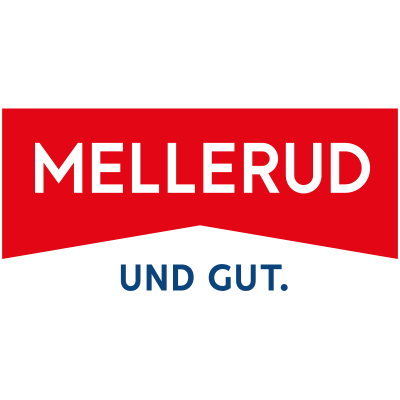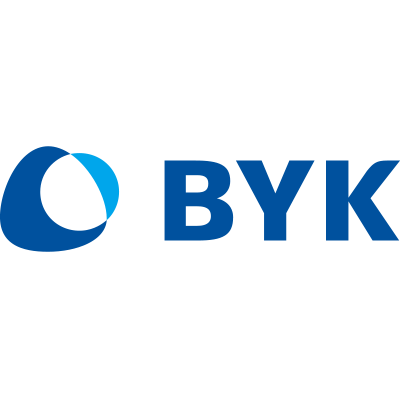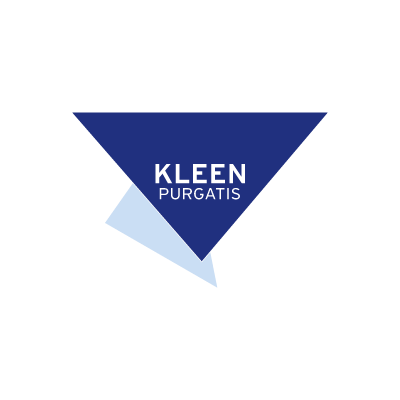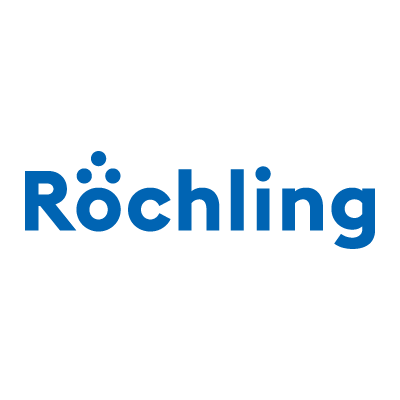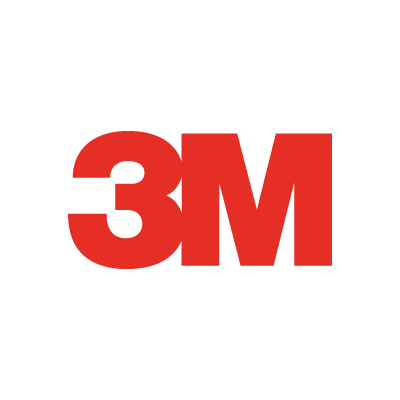
Chemicals and Synthetics in the Digital Age: Balancing Regulation and Customer Focus
Regulatory requirements are tightening, sustainability is becoming a key competitive factor and customers expect digital services at the highest level.
This presents businesses in the chemicals and synthetics industry with significant challenges, but also gives them the opportunity to stand out from the competition through intelligent digital strategies.
Those who leave rigid IT structures behind and digitalise processes with foresight benefit from enhanced efficiency, transparency and closer customer relationships.
A customer-centric portal, for example, reduces the number of follow-up enquiries and simplifies collaboration with sales and service teams. With the right system, even complex product data becomes a business asset – ready for international use and fully compliant with regulations.
dotSource supports you throughout this transformation process – from strategic consulting and system selection to technical implementation. The goal is to deliver measurable improvements, not just new tools.
Arrange a consulting session now
Consulting Session: Become a Pioneer in Your Industry Now
Your Contact for Further Questions

You Will Hear from Us Soon
- Our experts will take your enquiry and get back to you within one working day.
Digital Solutions to the Key Challenges Faced by the Chemicals and Synthetics Industry
How Can You Bring Your Customer Structures into the Digital World?
Complex procurement processes, products that require explanation and strict regulatory requirements are part of everyday business in the chemicals and synthetics industry. Without a centralised system, information flow is disrupted and valuable opportunities remain untapped.
A customer relationship management (CRM) system enables you to accurately map complex customer structures, respond to enquiries in line with regulatory requirements and provide your sales and service teams with relevant information in real time. It also helps you ensure full traceability and well-documented service histories, which is particularly important for sensitive products.
Read our »KLEEN PURGATIS (CRM)« success story to find out how the company has successfully digitalised its customer management by implementing the CRM solution from Salesforce, thereby laying the foundation for lasting business success.
How Can You Create B2B Portals That Truly Simplify Your Processes?
Procurement in the chemicals and synthetics industry rarely follows a fixed pattern. It is typically characterised by varying price structures, intricate approval processes and extensive documentation requirements.
Digital solutions such as a tailor-made B2B portal handle this complexity while making procurement as simple as possible for customers. With these platforms, you can flexibly manage customer roles and permissions, automate recurring orders and provide essential contextual documents such as safety data sheets. Moreover, self-service features reduce the workload of your sales team without compromising personalised service.
Together with dotSource, Röchling has set up a B2B online shop that puts these principles into practice, streamlining processes and meeting customer expectations.
How Can You Roll Out Complex Content Worldwide Without Sacrificing Structure or Security?
Technical information, safety data and regulatory guidance should always be correct, up to date and tailored to your target audience – often across multiple languages and markets. This is where it becomes clear how efficiently you operate – and how reliably your target audience can access the information they need.
A content management system (CMS) is the key to achieving this. It separates content from structure, enables flexible distribution across all channels and optimises editorial workflows. This is particularly helpful for international rollouts or in the face of frequently changing regulatory requirements.
For the plastics manufacturer Pöppelmann, dotSource has implemented a CMS that supports cross-channel content delivery and centralised management of international websites.
How Can You Organise Product Data Effectively?
Are you faced with the challenge of managing vast amounts of complex and sensitive product data? A wide range of data sheets, safety information and output channels can easily result in inconsistencies, with the manual effort required for corrections tying up valuable resources. Opting for a centralised system helps you bring clarity, efficiency and reliability to your processes.
This is exactly where product information management (PIM) and master data management (MDM) software comes in. These solutions define how product data is structured, managed and distributed. By consolidating relevant information in one place, they establish a consistent and reliable single source of truth.
The data experts at dotSource support you in selecting and implementing a data management system, ensuring high data quality and integration with business-critical sources.
How Can You Turn Data into Recommendations for Action?
Businesses in the chemicals and synthetics industry have vast amounts of data at their disposal – covering everything from product details, test reports, laboratory data and customer enquiries to maintenance logs. Bringing this information together in a useful way makes all the difference. Artificial intelligence (AI) helps you turn this challenge into an opportunity. It classifies data, uncovers patterns in recurring processes and provides actionable recommendations for your sales, service and product development teams.
In practice, this means more targeted customer engagement, better demand forecasting and less friction in internal processes.
The AI and process automation experts at dotSource assist you in developing your AI strategy, defining specific use cases and implementing pilot projects.
How Can You Protect Sensitive Information Without Holding Your Teams Back?
In the chemicals and synthetics industry, data is more than a fundamental business resource. In many cases, it is treated as a trade secret. Formulas, technical documentation and projects carried out for customers are subject to strict standards, with regulatory requirements continuing to tighten. Both ISO certifications and industry-specific obligations call for verifiable proof, not just declarations of intent.
The challenge lies in finding the right balance – security should not hinder everyday business activities. Roles, permissions and system architectures need to work with you, not against you. This is the only way to manage information flow without slowing down processes.
dotSource ensures that data protection and security are built into digital solutions from the outset – whether through business monitoring or professional pentests.
Spotlight on Success Stories from the Chemicals and Synthetics Industry
Our Agency Services – Tailored to Your Industry
FAQ – Frequently Asked Questions About Digitalisation of the Chemicals and Synthetics Industry
How can businesses in the chemicals and synthetics industry benefit from digitalisation?
By embracing digitalisation, they achieve greater efficiency, improve data quality, respond faster to customer needs and ensure compliance with regulatory requirements.
What are the typical challenges associated with digitalisation?
Typical challenges include fragmented system landscapes, complex organisational structures and strict regulatory frameworks. Overcoming them requires streamlined processes and a clear strategic vision.
How quickly can digital projects be implemented in the chemicals and synthetics industry?
The key is a step-by-step approach with clear priorities. First results can be seen within a few months, for example with regard to PIM or CRM.
